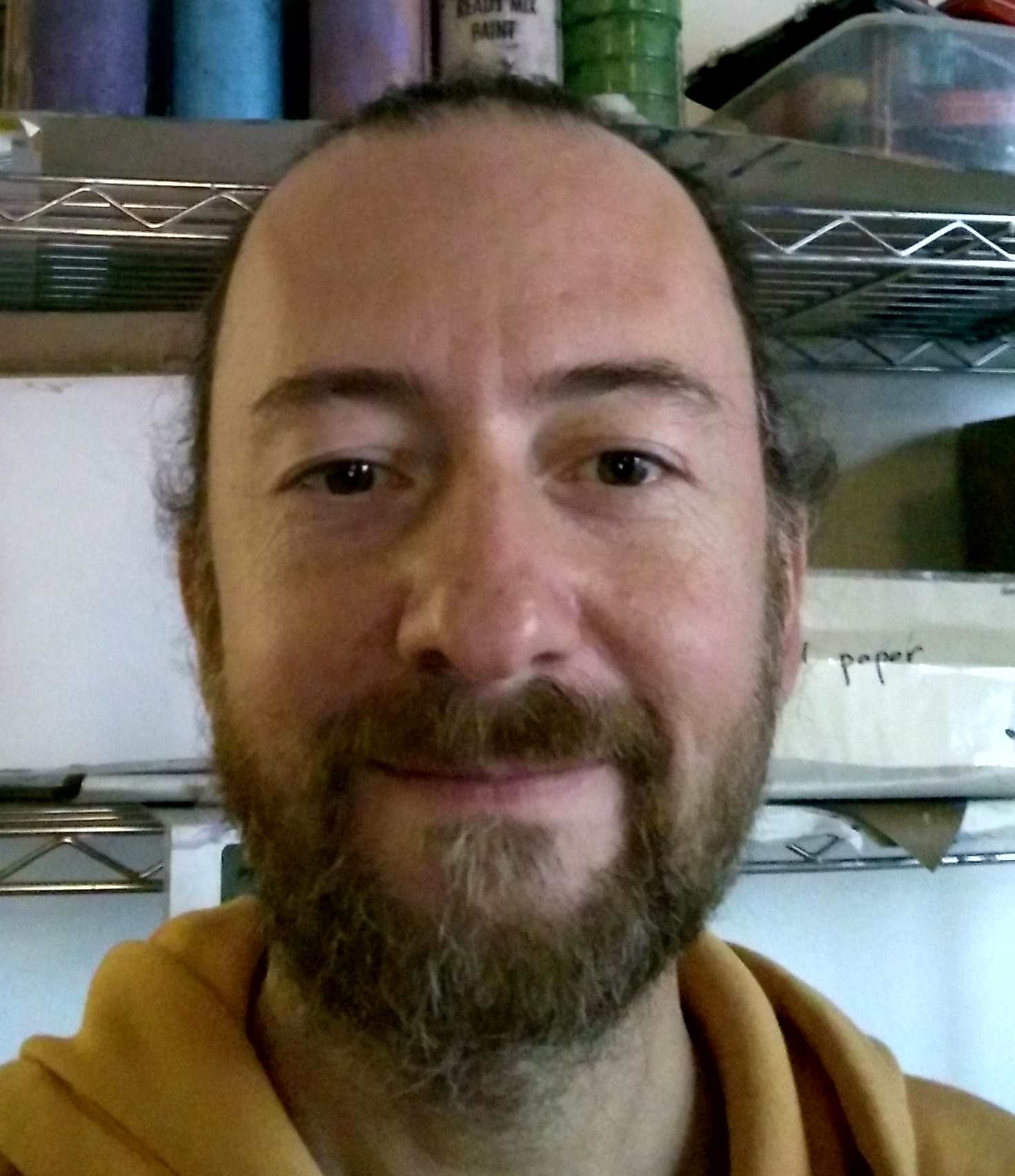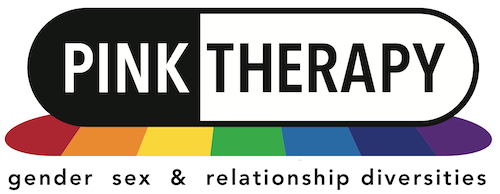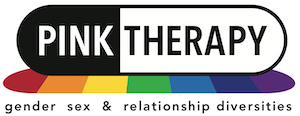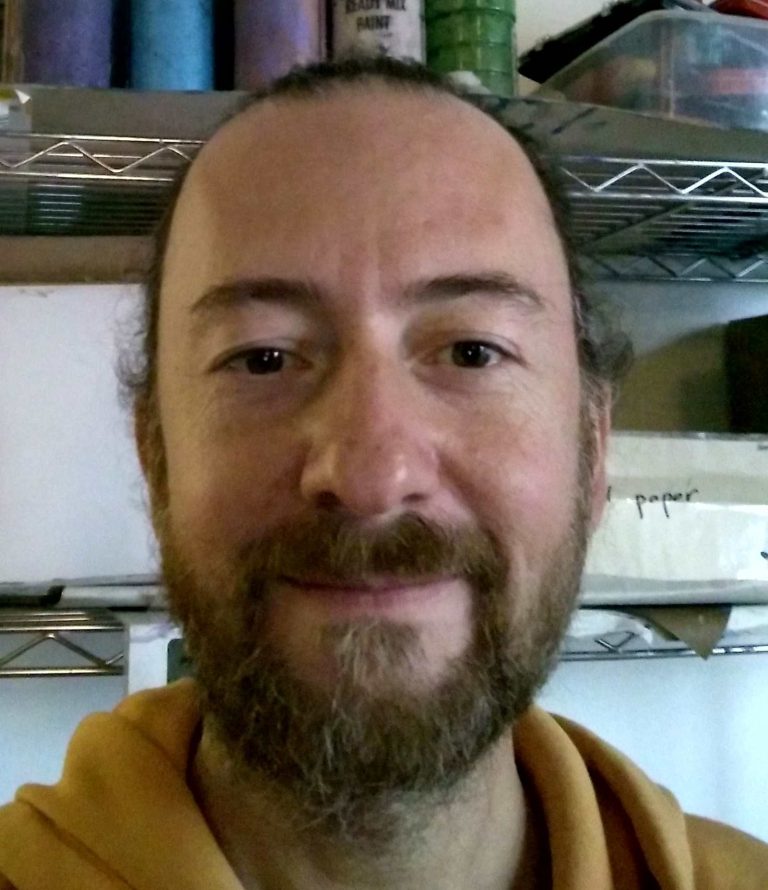Paolo Plotegher
About the Therapist
ABOUT PAOLO AND QUEER / QUEERING PRACTICE
I came to work as a therapist after years of self-organised activities within the communities I used to be part of, and my approach to therapy got shaped by those experiences and by an interest in affirming and celebrating diversity in all its forms. The term GSRD therapy, Gender, Sexuality, Relationship Diversity, relates well to that interest.
I use the term queer to define my sexuality, my gender and my relationships. I understand “queer” to define more how we live than who we are. I like to use the term queer and the verb queering, as for me they involve an active questioning and countering of what is dominant, normative and damaging in our lives. In this sense queer is not a label and queering doesn’t imply an “us and them”, on the contrary it cuts across categories: we can all question patriarchy, heteronormativity, gender binarism, white supremacy, neoliberalism, classism, ableism, anthropocentrism, neuro-normativity, in ourselves and our lives, and therapy can help us doing that by addressing the damage and supporting alternatives. I use the pronouns he and they.
I believe there is a deep relationship between queer identities and neurodivergence, when neurodivergence is understood broadly rather than in terms of medical diagnosis. Using a neurodivergent paradigm to explore our experiences of not fitting, of being perceived as “crazy” or “weird”, of learning to adapt and mask / pass, can help us de-pathologizing ourselves, in a way that focusing on traumas and symptoms as individualized does not always allow.
PAOLO’S BACKGROUND
I have been navigating cultural differences for some time as I was born in Italy, I lived in Spain, and I moved to the UK in 2001 in search of new spaces of freedom, and now home for me is in different places and with different families / houses. I speak English, Italian, Spanish and I am happy to use these languages in therapy as well. I am white and aware that this aspect of my identity brings privileges in my life, I am keen to address how white supremacy and racism affect my experiences, and I am conscious that this is a never-ending process. I come from a working-class background, but I have been privileged to access financial support from the welfare state to maintain my studies.
- Queer
Art Psychotherapy, HCPC registration: https://www.hcpc-uk.org/check-the-register/register-results/?query=Plotegher&profession=AS
| Award | Awarding body | Year of award |
|---|---|---|
| Somatic Trauma Therapy | School of Holistic Therapy | 2025 |
| Intermediate in Systemic and Family Therapy | FTTN | 2022 |
| MA in Art Psychotherapy | Goldsmiths | 2018 |
| Foundation in Core Process Psychotherapy | Karuna Institute | 2016 |
Depending on your needs / desires, in our sessions we can use tools coming from art therapy, systemic and narrative therapy, eco-therapy, somatic practices, working with parts. I understand all these modalities as related and in my experience it’s useful to bring them together.
ART THERAPY AS QUEER Art therapy is informed by a psychodynamic approach, which brings at its core the changing dynamics of interpersonal relationships. I believe art therapy can be useful in helping us affirming different and non-normative forms of relating to each other, whilst bringing in creative doing as well as talking. Through creativity and imagination, art therapy can open up and bring ease into what gets stuck and fixed, and it can help us sensing, feeling and thinking differently. I consider the artmaking in art therapy queer and queering, in the sense that it is different from professional fine art, no artistic skills are required and there is no expectation to produce anything “beautiful” in a conventional sense: what comes out in art therapy is welcomed as an expression of something that can help us exploring aspects of our lives, experiences, relationships. It is also important to say that in art therapy there is no obligation to make art, a session would usually involve talking, artmaking and talking about the art made, but whilst I’ll support your use of the art materials, you will choose session by session if you like to make art.
SYSTEMIC AND NARRATIVE PRACTICE, QUEERING FAMILIES More recently I trained as a systemic practitioner, I am passionate about systemic and family therapy, as it can help us considering the bigger picture, locating ourselves in relation to people around us and our contexts. A systemic approach can help us address not just the personal, but also collective and social dynamics, exploring alternatives to problems and difficulties by supporting our ability to relate to others. Systemic practice can be used in individual sessions as well, by bringing into them the relationships with other people in our life. Also, I am especially interested in queering family therapy by rethinking families not as nuclear and based on blood ties, but as extended, elective, polyamorous.I find especially important how narrative therapy encourages us not just to address the difficulties, but to reformulate the narratives of our life experiences whilst mobilising personal and collective strengths.
I have been interested in systemic and poststructuralists practices for a long time, before my training as a therapist I studied a PhD using Foucault, Deleuze and Guattari, making use of their work not just through writing but also into collective practices informed by Institutional Analysis. Into my practice as a therapist, I bring what Deleuze and Guattari understand with “desire”, as what can transform the “maps” of our lives within the framework of an ecology of our psyche, of the groups and society we are part of, of the environment.
NARRATIVE PRACTICE, SOMATIC TRAUMA THERAPY, ECO-THERAPY AND SPIRITUALITY As part of my trainings, I learned the importance of attachment and of a trauma informed approach, so that the question asked in therapy is not “what is wrong with you”, as with the dominant medical model based on illness and diagnosis, but “what happened to you”, what have you experienced in your life.
I trained to do therapy outdoors and I find it useful to bring into the sessions our relationships not only with people but also with other beings living on the planet. I believe there is something queer and queering in the possibility of establishing relationships of interdependence with plants, animals, places. I have a long-term interest in earth-based spirituality and in practices that can integrate the work of therapy in helping us reconnect with the more-than-human, addressing the ecological crisis at a personal and collective level.
I have an interest in somatic practices, which is also related with earth-based spirituality. I trained in somatic trauma therapy and I am keen to facilitate connections between thinking, feeling and sensing, giving space to what the body experiences and to its ability to change.
I like thinking the self as formed by parts, as different therapeutic approaches do. I find it useful to familiarize with different parts of ourselves and use a systemic approach so that the parts that struggle the most can be supported. In therapy often these struggling parts are seen as related to trauma and can be addressed through somatic work.
In my everyday life I like to bring together creativity, playfulness, somatic practices and earth-based spirituality, and I especially like doing that at an allotment in the south side of Glasgow, where I experiment with growing edible plants and I continuously learn from them.
MY EXPERIENCE AS A THERAPIST In terms of my clinical experience, I have worked as a therapist in a range of setting, from therapeutic communities, to NHS wards, from community centres to people’s homes, from homeless hostels, to prisons, care homes and schools. I have worked with people of all walks of life, with different symptoms and diagnosis, always engaging with them as people, acknowledging that a diagnosis might be part of their identities, whilst understanding identities intersectionally and in terms of dynamic processes. I have worked with people experiencing anxiety, depression, psychosis, addictions, complex trauma. I like working with LGBTQIA+ and GSRD, with neurodivergent people, with people with disabilities and chronic illness, and I take an affirmative stance in practicing art therapy with sex workers, as well as BDSM and kink, as this work is embedded in the life of social movements that, whilst countering stigma and fighting discrimination, try to transform the world into a better place.
- Art therapy
- Attachment theory (Psychodynamic)
- Body psychotherapy
- Couple therapy
- Family Therapy
- Focusing-oriented therapy
- GSRD therapy
- Integrative
- Narrative therapy
- Neurodivergent
- Other
- Psychodynamic
- Relationship therapy
- Supervision
- Systemic
- Walk and talk therapy
- Ace | Asexual
- BDSM | Kink
- Bi- | Pansexual
- Consensual non-monogamy
- Cross-dresser
- Gay
- Intersex
- Lesbian
- Neurodivergent
- Non-binary | Genderqueer
- Queer
- Questioning
- Survivors of attempted conversion therapy
- Trans
- One to one
- Two people
- Three or more people
- Partially wheelchair-adapted
- Adults
- Seniors (60+)
- Young adults (16-24)
- Online
- In Person
I work in private practice, one day a week, and I was encouraged to do so by colleagues and friends who are also queer and work in private practice specializing on GSRD. I offer therapy as well as supervision, and I have experience as a clinical supervisor both in private practice and through my work as a lecturer in art psychotherapy at Queen Margaret University. Because of this job I am not able to offer therapy to current art therapy trainees at QMU so that boundaries get protected. If you identify as queer and live in Glasgow it might be that we potentially share spaces and know other people who also do. If that’s the case, we will discuss this to make sure boundaries are negotiated and protected across therapeutic and other relationships.
As most people, I need an income to support myself, I wish I could offer free GSRD therapy through organisations publicly funded, but I need to charge fees instead, and I follow the BAAT British Association of Art Therapy guidelines on that. I have three different rates: 50 pounds per hour as a reduce rate if you cannot afford a standard rate – no proof of income is required; 60 pounds per hour as standard rate; 70 pounds per hour as a supporter rate that enables me to offer spaces for transgender people of colour on low or no income. I am a member of BAAT, HCPC and AFT (Association of Family Therapy) and I abide to their ethical guidelines. I practice online, outdoors and in a studio in the Southside of Glasgow which I share with a fellow art therapist. I work in private practice on Friday and this is when I usually reply to emails.
If you decide to email me it would be great for me to hear a bit about what of my profile has interested you, and why you would be interested in doing therapy with me.
Sorry, no records were found. Please adjust your search criteria and try again.
Sorry, unable to load the Maps API.



